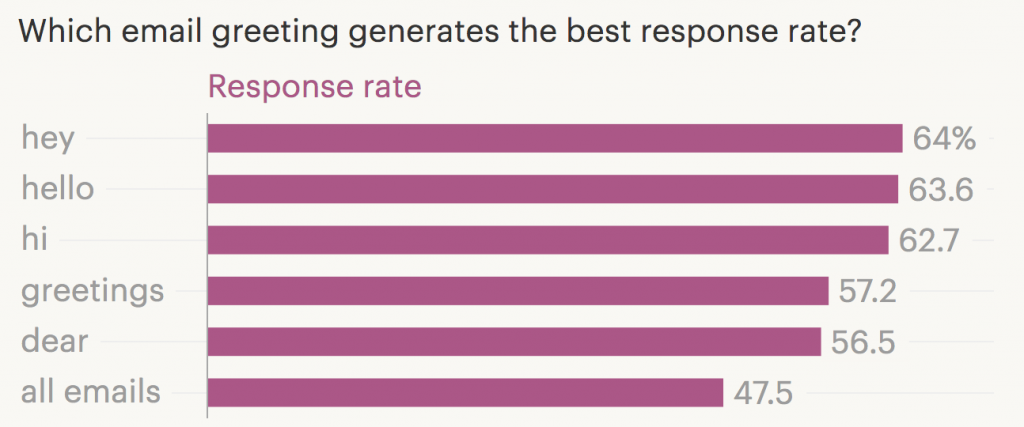This was pretty interesting – the “Copy Machine Experiment” was a study done back in 1978 (holy shit, 40 years ago…). It showed that giving a reason made it considerably more likely that people would respond to a small request.
Here’s a little summary of the experiment:
A man and a woman (the participants) both approached approximately 60 subjects each asking to cut in front of them in the line with one of 3 questions:
- Request only: “Excuse me, I have 5/20 pages. May I use the Xerox machine?”
- Placebic information: “Excuse me, I have 5/20 pages. May I use the Xerox machine because I have to make copies?”
- Real information: “Excuse me, I have 5/20 pages. May I use the Xerox machine because I’m in a rush?”
And the results:
The results were astounding for the small request:
- Where the request was made with no reason given (request only), 60% of subjects complied with the request to allow the participant to jump in line in front of them
- Where the request was made with placebic information given, a huge 93% of subjects complied
- Where the participant used real information, this was 94%
Because
Professor Ellen Langer who conducted the experiment concluded that it was the power of giving a reason, the “because”, that led to an increased chance of people responding positively to a small request.
In fundraising
I feel like this is a no-brainer: give people an explicit – and true – reason to donate when you make your ask.
But in this case, using the word “because” could be worth the time to test it out to see if it has any impact.
